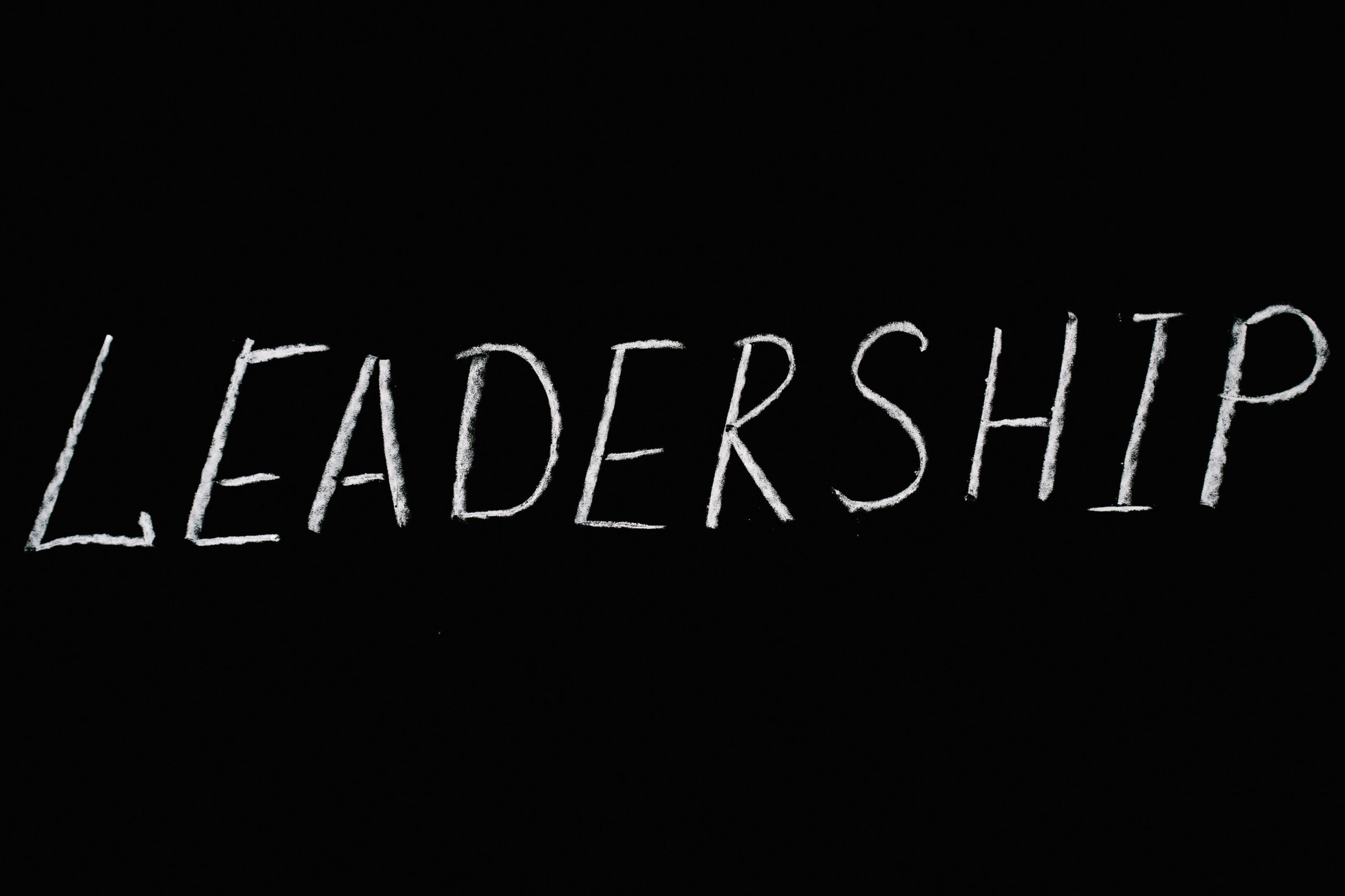Phone: +254 700 524589 | +254 782 524589 Email: [email protected]
Leadership and governance are critical pillars in the structure of any successful organization. They serve as the guiding forces that shape policies, influence culture, and drive progress. The concept of responsibility is integral in ensuring that leaders and governing bodies act in the best interest of their stakeholders.
Leadership: The Personal Commitment to Responsibility
Leadership is not just about making decisions; it’s about making the right decisions for the right reasons. A leader’s commitment to responsibility must be unwavering and evident in their actions. This commitment begins with self-awareness, understanding one’s impact on others, and recognizing the weight of one’s role. Leaders must model the behaviour they expect from their team, demonstrating integrity, ethical conduct, and accountability.
To foster a culture of responsibility, leaders should encourage open communication, creating an environment where feedback is welcomed and valued. This transparency helps in building trust, ensuring that everyone feels responsible for the collective success of the organization. Moreover, leaders should empower their teams by delegating authority and providing resources for individuals to take ownership of their tasks.
Governance: The Structural Framework for Responsibility
Governance refers to the systems and processes that guide an organization’s operations. It encompasses the rules, practices, and standards that ensure an organization’s activities align with its mission and values. Effective governance is characterized by clarity, consistency, and fairness, which are essential for fostering a culture of responsibility.
One of the key aspects of governance is the establishment of clear policies and procedures that outline expectations for behaviour and performance. These guidelines serve as a roadmap for responsible action, providing a reference point for decision-making and conflict resolution. Additionally, governance structures should include mechanisms for monitoring and evaluation, ensuring that individuals and teams are held accountable for their actions.
The Interplay Between Leadership and Governance
The relationship between leadership and governance is symbiotic. Leaders influence governance by setting the tone at the top and ensuring that governance structures reflect the organization’s commitment to responsibility. Conversely, governance provides a framework within which leaders operate, offering checks and balances that reinforce responsible leadership.
For a culture of responsibility to thrive, both leadership and governance must align in their objectives and actions. Leaders should actively participate in the development and refinement of governance structures, ensuring they are responsive to the needs of the organization and its stakeholders. Governance, in turn, should support leaders in their efforts to instil a sense of responsibility at all levels of the organization.
Challenges and Opportunities
Creating a culture of responsibility is not without its challenges. Resistance to change, competing priorities, and varying interpretations of responsibility can hinder progress. However, these challenges also present opportunities for growth and development. By addressing these issues head-on, organizations can strengthen their commitment to responsibility and enhance their reputation and performance.
Leaders and governing bodies must be proactive in identifying and addressing obstacles to responsible behaviour. This may involve revisiting policies, investing in training and development, or re-evaluating leadership styles. The goal is to create an environment where responsibility is not just expected but embraced as a core value.
Fostering a culture of responsibility within an organization requires a concerted effort from both leaders and governing bodies. It involves a personal commitment from leaders to act responsibly and a structural commitment from governance to support and reinforce this behaviour. When leadership and governance work in harmony, they create an environment where responsibility is the norm, leading to sustainable success and a positive impact on society.
In conclusion, the journey towards a culture of responsibility is ongoing and dynamic. It demands continuous reflection, adaptation, and commitment. Organizations that prioritize responsibility in their leadership and governance practices are well-positioned to navigate the complexities of the modern world and achieve long-term success. Responsibility, therefore, is not just a principle; it is a practice that shapes the future of leadership and governance.

